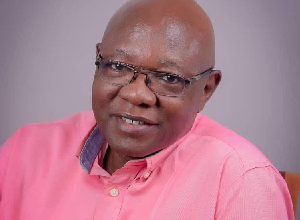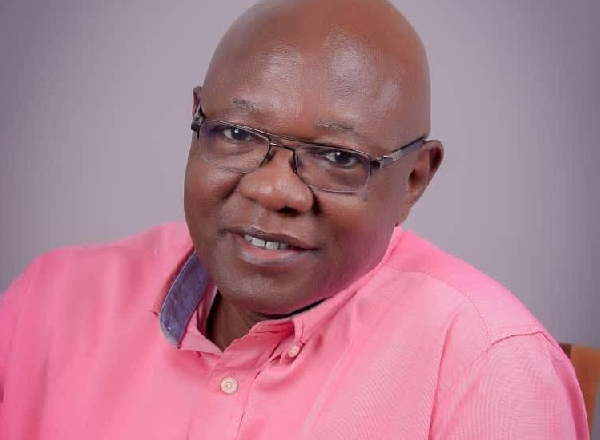 Akwasi Oppong-Fosu is the author of this article
Akwasi Oppong-Fosu is the author of this article
Ghana’s “reset agenda” is a bold attempt to reboot its democratic systems, tackle corruption, and restore trust in public institutions. At the heart of this transformation is a powerful actor with the potential to make or break the vision: the media.
Whether traditional or digital, the media is not just a platform for information—it is a force that molds how people think, what they believe, and how they act, especially regarding leadership and democratic values.
But for Ghana’s reset agenda to truly gain traction, the media must rise above partisanship and impunity and fulfill its role as an independent, ethical, and fearless pillar of democratic governance.
The Media’s Influence: Power with Purpose
At its best, the media sets the tone for national discourse. It can normalize values like transparency, integrity, and civic responsibility simply by spotlighting them.
It educates the public on democratic processes, breaks down complex policies, and connects people to their rights and responsibilities. Through investigative journalism, it can expose corruption, challenge abusive power, and hold public figures to account.
This power to shape perception is not abstract. How the media frames leadership—who gets coverage, what language is used, what stories are prioritized—directly impacts public behavior and belief. A media landscape committed to ethical storytelling reinforces positive leadership models and builds a culture where accountability is the standard, not the exception.
The Challenge: Polarization and Complicity
Despite its promise, Ghana’s media ecosystem is deeply fractured. Political polarization has entrenched media outlets in partisan echo chambers, where the facts are often bent to serve political interests. This undermines trust and fuels public cynicism.
Complicity in promoting impunity—whether by ignoring wrongdoing, parroting government narratives, or demonizing dissent—erodes the watchdog role the media is supposed to play.
The consequences are stark. When media platforms become mouthpieces for power instead of its challengers, corruption festers. When journalists abandon critical inquiry in favor of party loyalty, the public loses its most vital tool for holding leaders accountable. Without a reliable media, Ghana’s reset agenda risks becoming just another slogan.
The Way Forward: Reclaiming Media Integrity
To fulfill its mandate, the media in Ghana must return to first principles: truth, independence, and service to the public good.
1. Professionalism First
• Media houses must invest in training that prioritizes ethical reporting, investigative skills, and the courage to speak truth to power.
• A strong, enforceable code of ethics should be the foundation of every newsroom.
2. True Independence
• Editorial decisions must be protected from political and corporate interference.
• Ownership transparency is critical to prevent hidden agendas from dictating narratives.
3. Accountability Through Journalism
• Investigative reporting must be supported, funded, and celebrated—not punished.
• Stories that expose misuse of power should not be exceptional—they should be the norm.
4. Regulatory Reform and Protection
• The National Media Commission must be empowered with real enforcement capabilities.
• Journalists must be protected from harassment, threats, and violence—conditions that silence critical voices.
5. Civic Engagement and Education
• Media must not only inform but activate.
• Programs that educate citizens about their rights and inspire political participation should be a staple, not a side note.
A Cultural Force for Democratic Change
The media shapes more than headlines—it shapes culture. What is normalized in media becomes normalized in society. When the media celebrates integrity, exposes impunity, and centers the voices of everyday citizens, it drives cultural shifts toward democratic accountability.
It changes how leadership is understood, how power is questioned, and how people behave in the public square.
Ghana’s reset agenda is a call for a renewed democracy. For that call to be answered, the media must lead—not from behind a curtain of bias, but from the front lines of truth.
This isn’t just about better journalism. It’s about reshaping the national imagination around leadership and civic duty. A credible, independent, and principled media is not a luxury—it is the engine of Ghana’s democratic revival.


